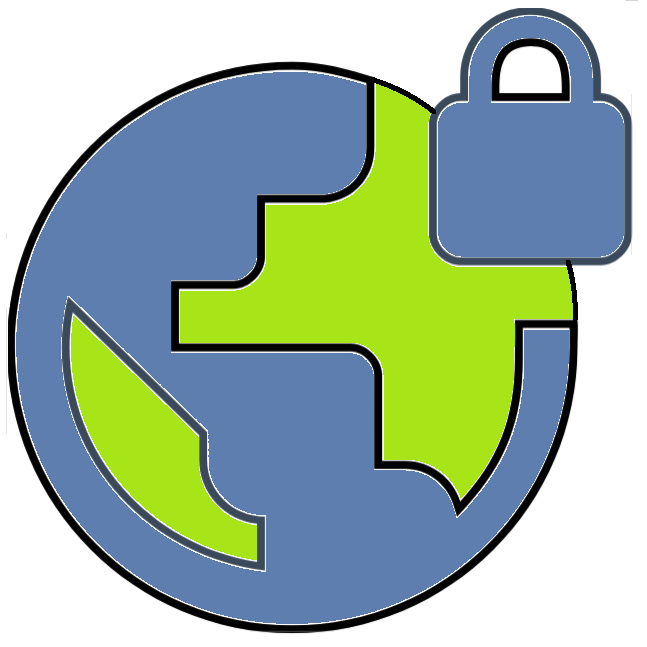Browser Isolation
I invented the term 'Browser Isolation' for myself. At the time that I came up with it, it was not in use on the Internet.
First, we have to understand the threat source. Facebook, Google, and advertisers track our movements on the Internet outside of their respective platforms. This is done by storing identifiers on your computer called cookies and then tracking your actions as you go visit other websites. This is done by these platforms being present on the websites you visit. Google is ever-present in advertising and Google analytics that is embedded in every website. Facebook spies on you using their Like button which is also ever present. Ad companies like Doubleclick track you from their little ads.
These cookies don't identify you by name per-se at least initially. But once they latch on to some real piece of data like your IP address, your Google account, or your Facebook account, then all the stored information that was previously anonymous is no longer anonymous.
The biggest threat comes from Facebook because they have your real name. So your activities will be associated with an absolutely verified identity.
The good news is that this tracking which I call a 'Supercookie' cannot cross browsers. So the solution is to isolate Facebook and Google into their own browsers so they don't get to read cookies stored from other websites.
I call this technique Browser Isolation because it isolates Facebook in its own sandbox. They get to see only their data.
So for proper implementation of this, I would recommend always having multiple browsers on your computer, including Chrome, Firefox, Safari, and Brave Browser. I would isolate Facebook on Brave Browser (Brave does not store cookies after the session).
Google can continue to use Chrome.
All other web browsing should be done on a different browser like Firefox or Safari.
I invented the term 'Browser Isolation' for myself. At the time that I came up with it, it was not in use on the Internet.
First, we have to understand the threat source. Facebook, Google, and advertisers track our movements on the Internet outside of their respective platforms. This is done by storing identifiers on your computer called cookies and then tracking your actions as you go visit other websites. This is done by these platforms being present on the websites you visit. Google is ever-present in advertising and Google analytics that is embedded in every website. Facebook spies on you using their Like button which is also ever present. Ad companies like Doubleclick track you from their little ads.
These cookies don't identify you by name per-se at least initially. But once they latch on to some real piece of data like your IP address, your Google account, or your Facebook account, then all the stored information that was previously anonymous is no longer anonymous.
The biggest threat comes from Facebook because they have your real name. So your activities will be associated with an absolutely verified identity.
The good news is that this tracking which I call a 'Supercookie' cannot cross browsers. So the solution is to isolate Facebook and Google into their own browsers so they don't get to read cookies stored from other websites.
I call this technique Browser Isolation because it isolates Facebook in its own sandbox. They get to see only their data.
So for proper implementation of this, I would recommend always having multiple browsers on your computer, including Chrome, Firefox, Safari, and Brave Browser. I would isolate Facebook on Brave Browser (Brave does not store cookies after the session).
Google can continue to use Chrome.
All other web browsing should be done on a different browser like Firefox or Safari.
 Bytz VPN - with Built-in TOR Routing
Bytz VPN - with Built-in TOR Routing
